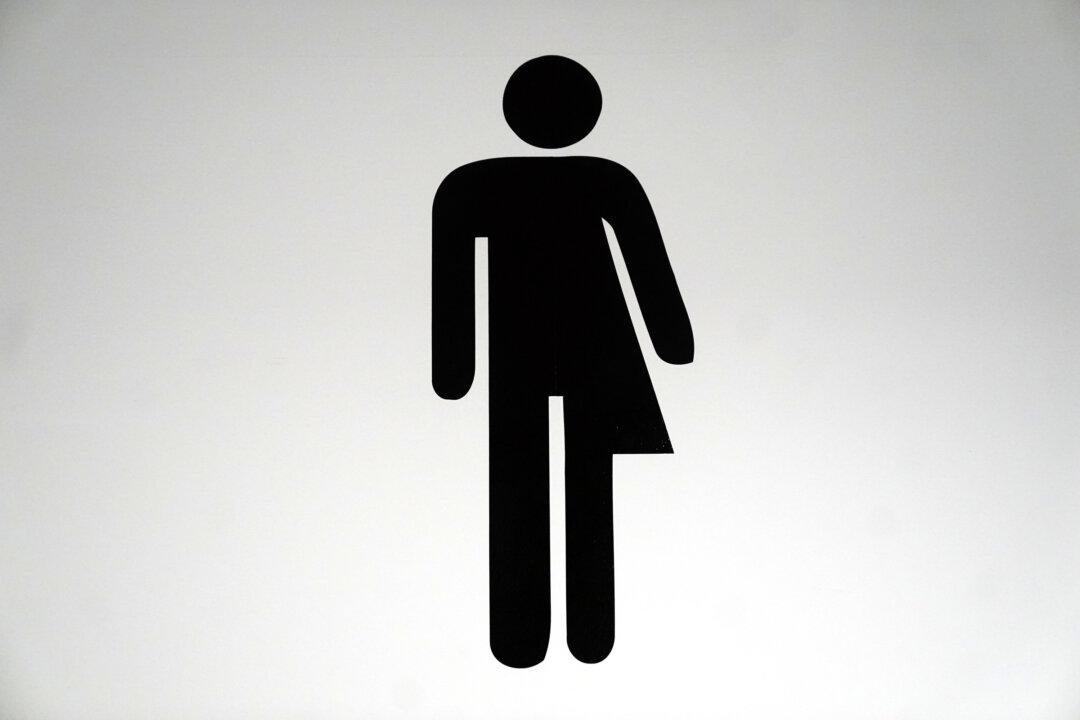The campaign group Sex Matters is urging the statistics regulator to investigate what it calls “not fit for purpose” skewed data on the transgender population.
In a letter addressed directly to the head of the Office for Statistical Regulation (OSR) on Sunday, the gender-critical group Sex Matters requested an investigation into the Office for National Statistics’ (ONS) gender identity data.





